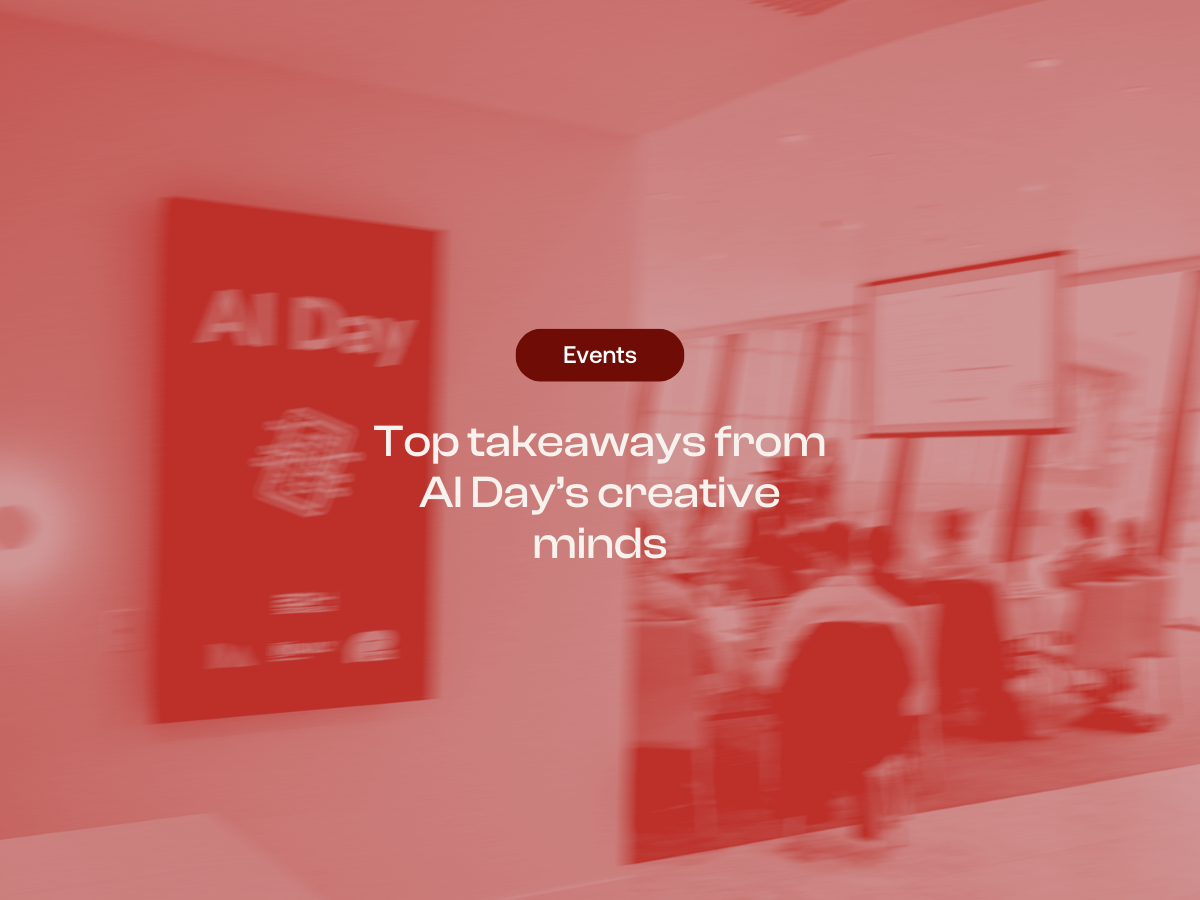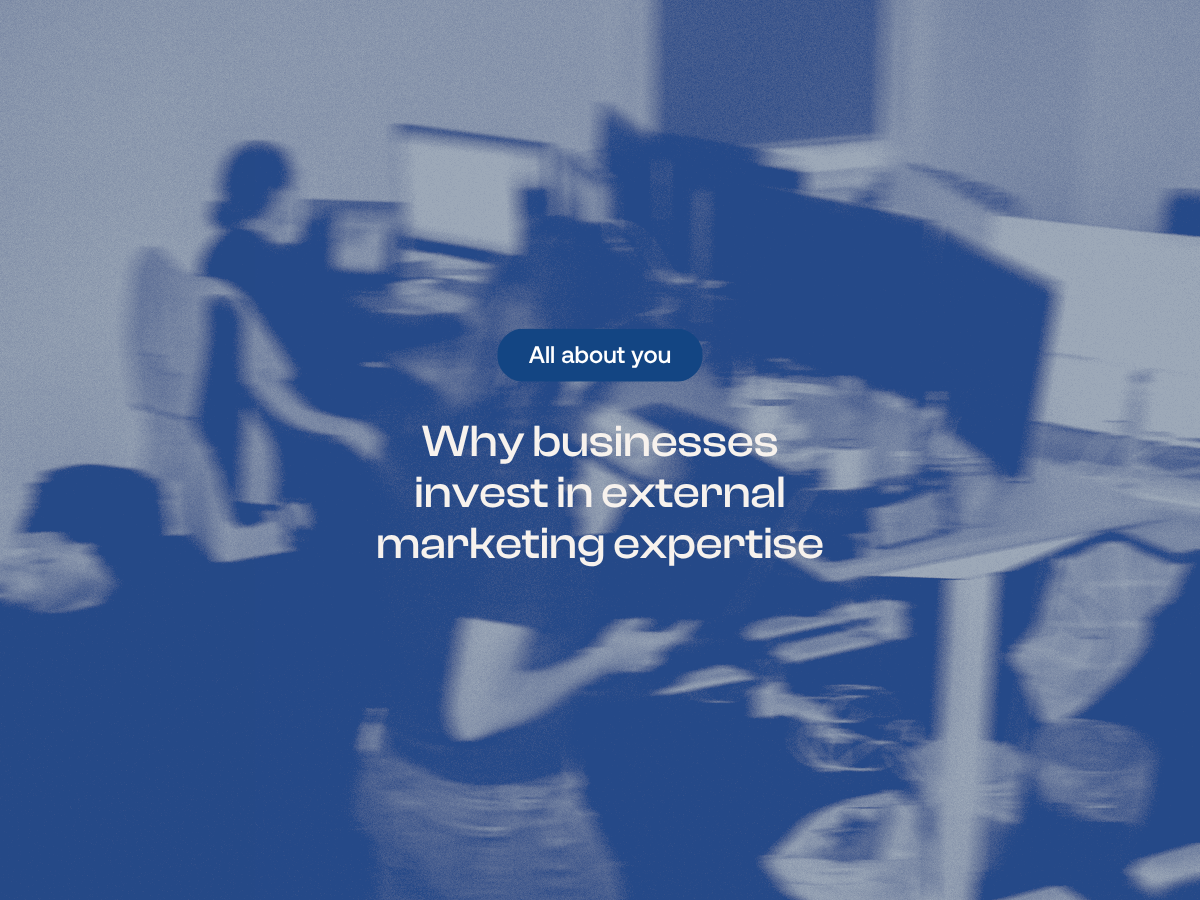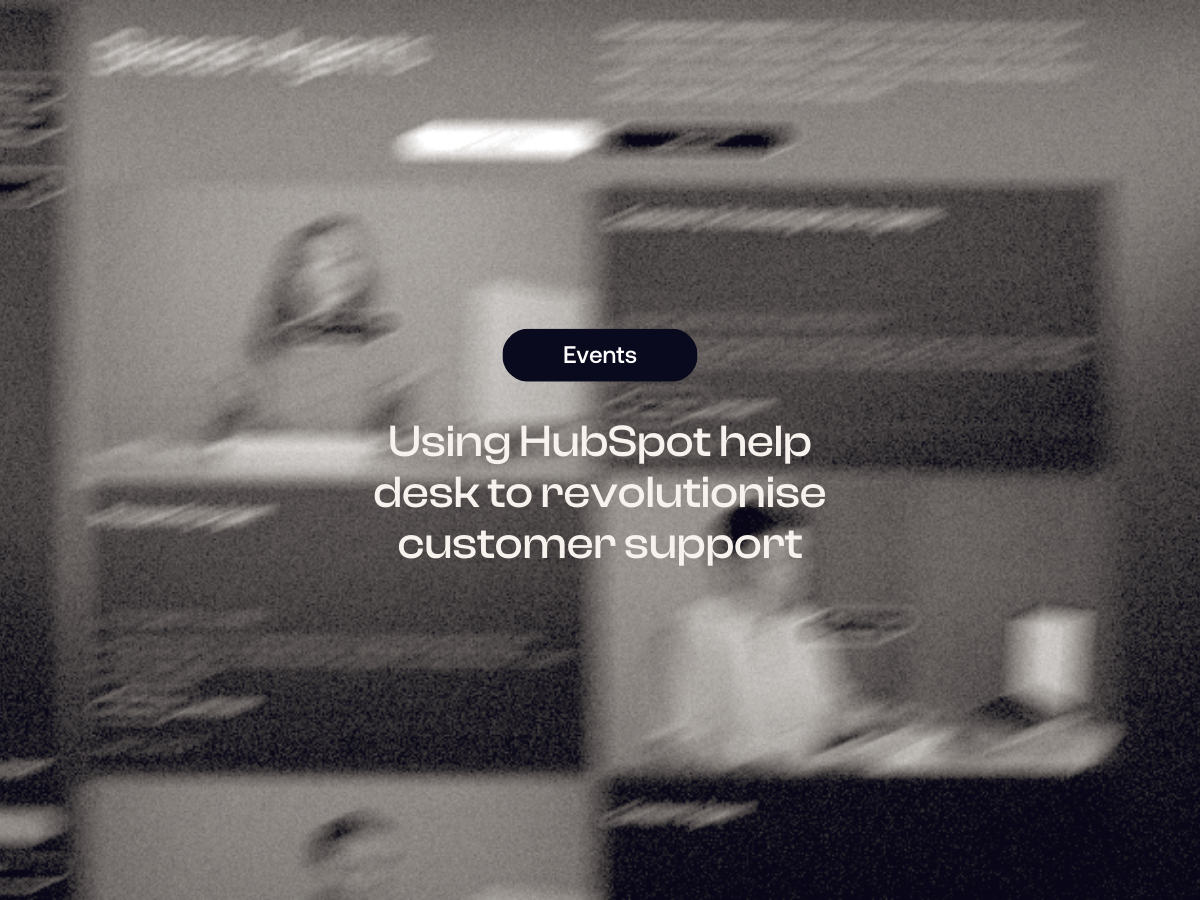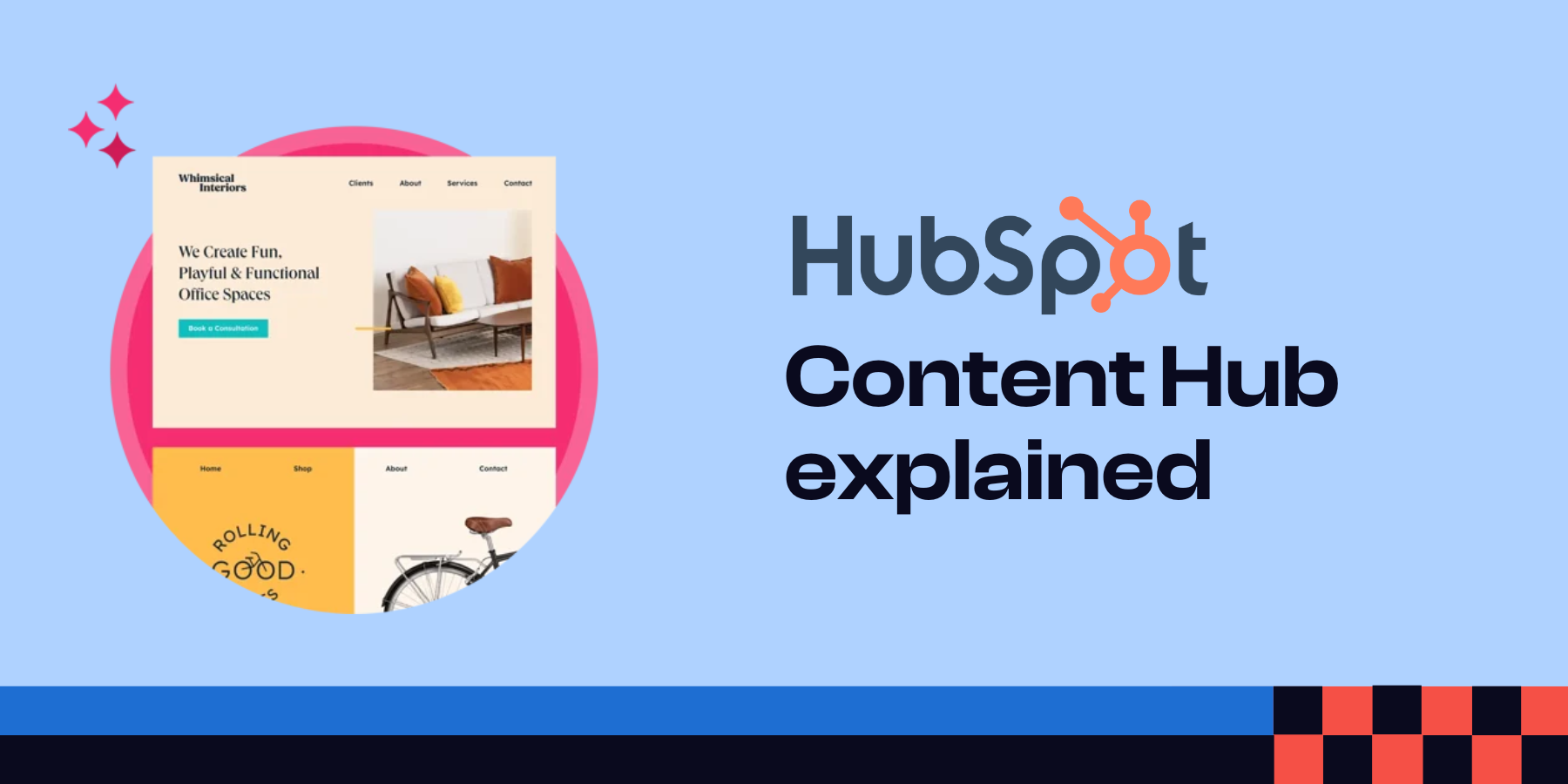HubSpot vs Salesforce: Breaking down the enterprise CRM myth

Last updated: 15 January 2025
Choosing the right Customer Relationship Management (CRM) platform is crucial for business success. You can track, monitor, and optimise every interaction with your customers. Make sure you choose the right type of CRM for you.
The myth of which CRM system to use is that as your business grows you will need to start using Salesforce.
We're going to explore whether HubSpot is a scalable solution for businesses of all sizes.
The elephant in the room
"But don't enterprise businesses use Salesforce?" We hear this a lot. Especially from marketing managers who are scaling their teams, or CEOs who are expanding their operations. The truth? HubSpot has evolved into a powerhouse that can handle whatever you throw at it - and then some.
As HubSpot Impact Award winners (humble brag - we've won four of them), we've helped countless Australian businesses make the right CRM choice.
Let's break down why the "switch to Salesforce" myth needs to go in the bin.
Understanding the HubSpot CRM vs Salesforce CRM debate
Before we dive into the details, let's address the elephant in the room. Salesforce has long been considered the 'enterprise-grade' solution, while HubSpot has been pigeonholed as a tool for smaller businesses. This perception is not just outdated—it's also flawed.
The evolution of HubSpot
HubSpot has come a long way since its inception. What started as an inbound marketing tool has evolved into a comprehensive, integrated CRM platform that rivals, and in many ways surpasses, Salesforce in functionality, scalability, and user experience.
It’s worth noting that HubSpot never used to be a CRM. In fact their own teams used Salesforce. And then over time, they built their own smart CRM that they themselves use. This enterprise grade CRM was built on the insights of being Salesforce customers.
Growing pains? HubSpot grows with you
One of the primary concerns for growing businesses is scalability. Can your CRM keep up with your expanding needs? Let’s compare the scalability of each.
HubSpot's scalability
- Flexible pricing tiers: HubSpot offers various pricing tiers, from Starter to Enterprise, allowing businesses to scale their usage as they grow.
- Unlimited users: Unlike many CRMs, HubSpot doesn't charge per user, making it cost-effective for growing teams.
- Customisable objects: HubSpot now offers custom objects, allowing businesses to tailor the CRM to their specific needs, much like Salesforce.
Salesforce's scalability
- Extensive customisation: Salesforce is known for its high degree of customisation, which can be both a blessing and a curse (more on this later).
- Large app ecosystem: The Salesforce AppExchange offers a vast array of third-party integrations.
- Complex pricing: Salesforce's pricing model can become complex and expensive as you add features and users.
Integration: It just works
Remember that feeling when you tried to connect different tools and they just… didn’t?
In today's interconnected business world, your CRM's ability to integrate with other tools is crucial. They both offer integration capabilities, but their approaches differ significantly. Let's compare:
HubSpot's approach
HubSpot's philosophy is all about simplicity and seamless connectivity. They've built their platform with the understanding that businesses need their tools to work together effortlessly. Their goal is to be an ‘all on one’ platform. Here's how they approach integrations:
- Integrations: HubSpot offers a vast array of plug and play integrations with popular tools across various categories.
- App marketplace: The App Marketplace provides hundreds of pre-built integrations that are easy to set up and use.
- API access: HubSpot's robust API allows for custom integrations when needed.
- Seamless internal integration: All their tools (Marketing Hub, Sales Hub, Service Hub, etc.) are designed to work together out of the box, removing the need for complex internal integrations.
Many common integration scenarios are covered with a pre-built HubSpot integration. If you need something that can’t be done out of the box, their developer friendly APIs can usually make this a pretty painless process.
Salesforce's reality
Salesforce takes a different approach to integrations, offering a vast ecosystem but with increased complexity. Here's how Salesforce handles integrations:
- AppExchange: Salesforce's AppExchange is extensive but can be overwhelming and costly.
- Multiple clouds: Integrating Salesforce's own products (Marketing Cloud, Commerce Cloud, etc.) often requires additional expertise and resources.
- Complex integrations: Many Salesforce integrations require custom coding or middleware, increasing complexity and cost.
- Powerful but complex API: Salesforce's API is powerful but can be more complex to work with compared to HubSpot's.
The cost of integrating with Salesforce can make your eyes water. Either with costly middleware subscriptions, or development time/costs to make that integration a reality.
User experience: Empowering your team
A CRM is only as good as its adoption rate. User experience plays a crucial role in ensuring your team actually uses the tool.
HubSpot user-centric design
- Intuitive interface: HubSpot's clean, user-friendly interface reduces the learning curve for new users.
- Consistent experience: All their tools share a similar interface, making it easy for users to navigate across different functionalities.
- Mobile-friendly: The mobile app provides a seamless experience on-the-go.
Salesforce user experience
- Steep learning curve: Salesforce's interface can be complex and overwhelming for new users.
- Inconsistent UI: Different Salesforce products often have different interfaces, increasing the learning curve. This is born from many Salesforce products being acquisitions, rather than developed in their interface.
- Customisation complexity: While Salesforce offers extensive customisation, this can lead to a cluttered and confusing user experience if not managed properly.
Cost considerations: Beyond the price tag
Let’s talk dollars and sense. When evaluating CRM platforms, it's crucial to look beyond the initial price tag and consider the total cost of ownership.
HubSpot's cost structure
- Transparent pricing: HubSpot's pricing is straightforward and easy to understand. It’s based on users, contacts, and the products you need.
- All-in-one platform: The integrated nature of their tools can reduce overall costs by eliminating the need for multiple separate solutions.
- Included support: HubSpot offers robust customer support at all levels, reducing the need for expensive consultants. You’ll need someone (like us!) to help you get started, then you’ll be able to get up and running.
Salesforce's cost structure
- Complex pricing: Salesforce's pricing can be complex, with many features requiring additional purchases. This requires many workshops to quote effectively.
- Add-on costs: Integrating Salesforce's own products (like Marketing Cloud) often comes with significant additional costs.
- Implementation and maintenance: Salesforce often requires dedicated admins and developers, increasing ongoing costs.
The verdict: HubSpot's competitive edge
While both HubSpot and Salesforce are powerful CRM platforms, the idea that growing businesses must inevitably switch to Salesforce is outdated. HubSpot offers a compelling alternative that can scale with your business while still providing a more intuitive user experience, powerful features and a truly integrated platform.
For most businesses, HubSpot provides all the power and scalability they need, wrapped in a more user-friendly and cost-effective package. The myth of outgrowing it is just that—a myth.
Whether you're looking to streamline your marketing campaigns, optimise your sales pipeline, enhance customer experiences, or build a scalable foundation for your startup, HubSpot has the tools and capabilities to support your growth.
In the race for business success, it's not about having the most complex tools—it's about having the right tools that empower your team to work smarter, not harder.
If you’re currently using HubSpot, there’s no need to worry as HubSpot will work with you along your business success journey.
If you are currently using HubSpot or thinking about it, as a HubSpot partner we can help you either make the most of the platform or do a deep dive into your business and work out which Hub is right for you.
Here's how we can help
- Free CRM assessment: We'll review your current setup and growth plans
- Custom strategy session: Get a tailored HubSpot optimisation plan
- Implementation support: We'll help you unlock HubSpot's full potential
Take the next step
Ready to transform your customer relationships without breaking the bank? Book your free CRM consultation today. We'll show you how to make HubSpot work harder for your business.







